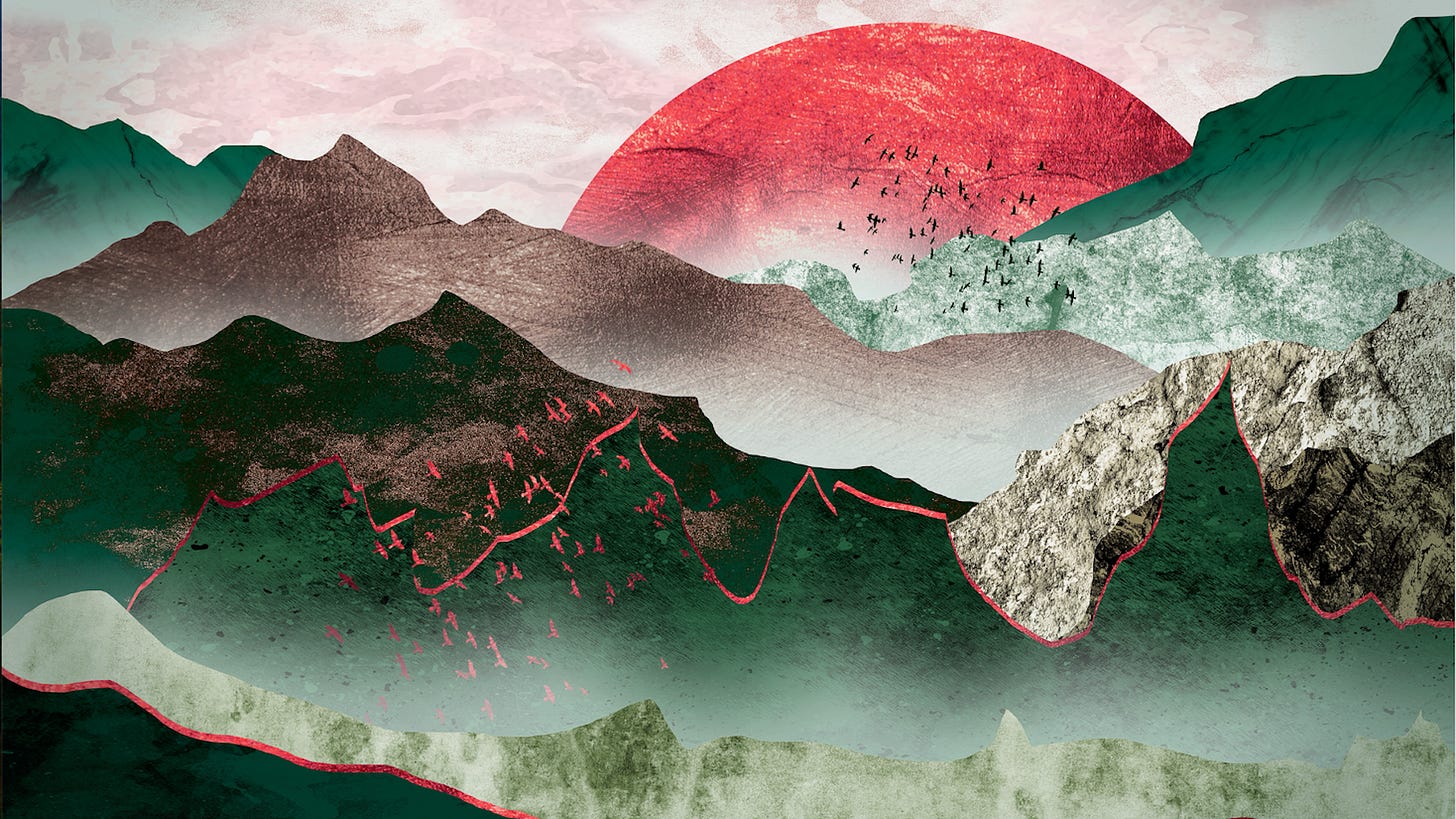The past century has been marked by the rise of globalization in every sense of the word - through production, culture, agriculture, consumption and more. This trend has brought great wealth and opportunities to many people - but what have we lost and forgotten through this process?
In this Reality Roundtable, I’m joined by members of the bioregioning movement, Daniel Christian Wahl, Samantha Power, and Isabel Carlisle, to discuss the necessity of reconnecting to our local places for the sake of addressing our ecological, social, and economic challenges. In this fascinating exchange, my guests and I emphasize the need for decentralized governance and institutions, as well as communities organized around resilience and regeneration.
How deep are the historical and indigenous ties of humanity to the bioregional way of life? In what ways can individuals begin to engage with their local bioregions and contribute to a regenerative future? Finally, how can more humans who are connected and in relationship with the land influence future societies and cultures to be more aligned to the well-being of all life?
In case you missed it…
Last week, I was joined by environmentalist and policy advocate Sunita Narain to discuss the intricate relationship between environmental issues and development, emphasizing the need for economically inclusive solutions. She highlights India’s challenges with sanitation, urban mobility, and climate change, while pushing for wiser approaches to governance and community planning.
If you appreciate The Great Simplification podcast…
Be sure to leave a review on your preferred podcast platform! Leaving reviews helps the podcast grow, which helps spread awareness of our systemic situation from experts in ecology, energy, policy, economics, technology, and community building so that we can better understand - and respond to - the challenges of the coming decade.
The Great Simplification podcast is produced by The Institute for the Study of Energy and Our Future (ISEOF), a 501(c)(3) organization. We want to keep all content completely free to view globally and without ads. If you’d like to support ISEOF and it’s content via donation, please use the link below.






This was an excellent round table. It’s one I’ll need to listen to more than once… As a farmer, I deeply believe bioregioning is the way forward. There is a lot of good work in permaculture design and regenerative agriculture that imo need to be pushed even further toward higher level inclusions of native-to-place crops and higher level differentiation in systems planning regionally, beyond the basic temperate climate vs tropical climate levels I usually see. I *really* appreciate the mention of humans as keystone species, as I think that’s a key component to re-shaping the way we view ourselves and our own impacts on the rest of the natural world.
(This is my first time here on Substack but I’ve been an avid follower of the podcast for over a year. Thank you to the whole team for this excellent work!)
Certainly bioregioning is crucial. But the really big problems with the biosphere are global . And "We" must also address them at that level. We(a few of us) can facilitate ALL the people to come together and wisely shepherd the well-being of the biosphere. See "The ToBe Project: A shortcut to global transformation" .https://catalyst2030.medium.com/the-tobe-project-a-shortcut-to-global-transformation-94066bc2672b